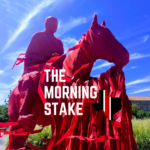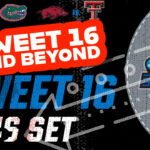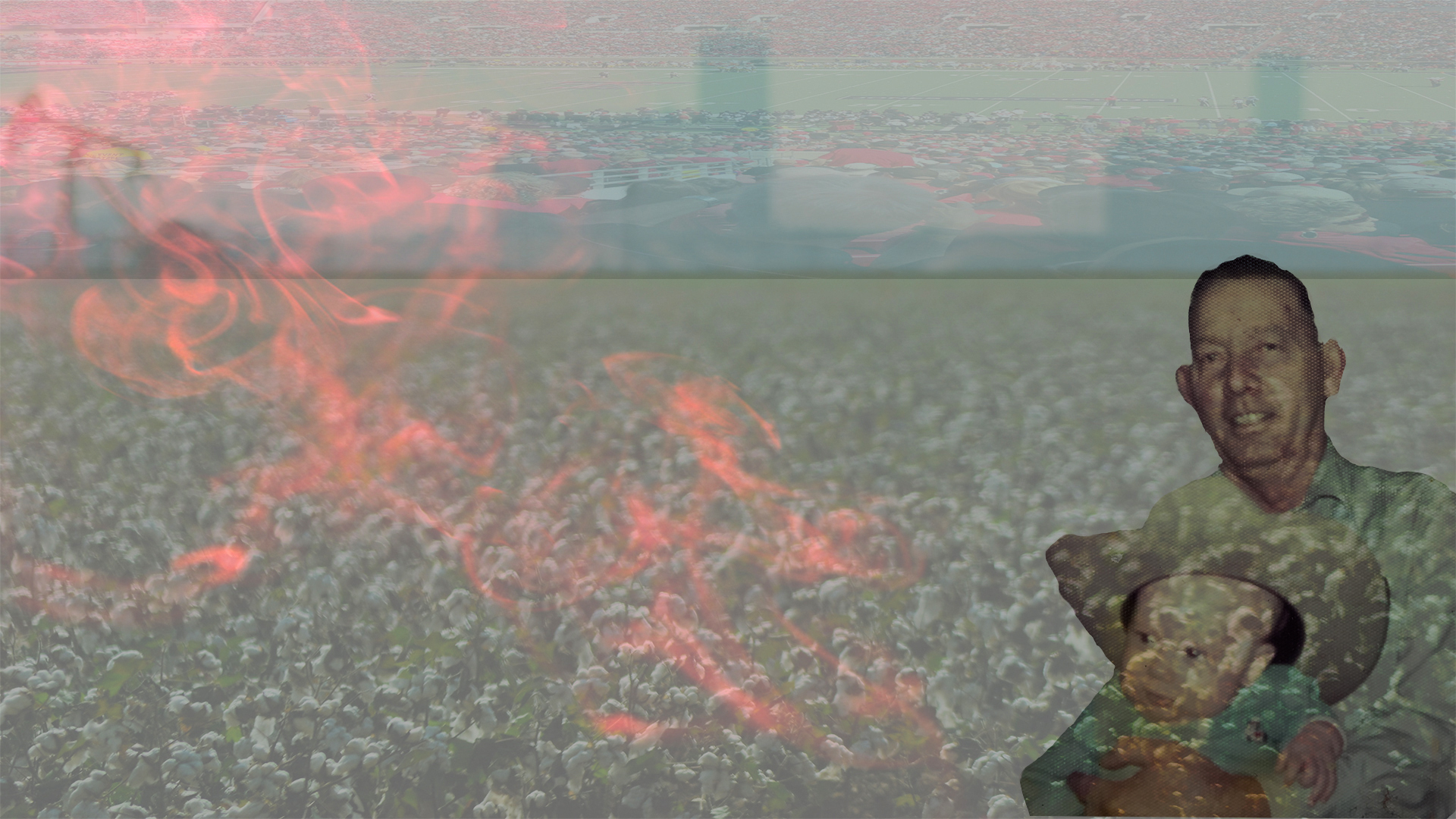Chapter 5
Nacho sat alone on the Robertson’s porch in his favorite wicker chair, waiting and hoping that the old man would finally come home. He hadn’t been able to visit Jarrell or Evelyn in the hospital, so he spent his afternoons sitting on their porch praying that everything would be ok.
He’d often bring his homework with him to the porch and idle away the late early autumn afternoons buried in his social studies or 4th grade math text book. Nacho was a straight-A student and meant to keep it that way. Because, despite his family’s disadvantages, Nacho and his siblings were exceptionally bright kids.
Nacho’s older sister, Sofia, won a state UIL competition in creative writing the previous spring as a senior at Abernathy High School, earning her a year’s worth of free tuition at any Texas college or university. So it was a tragedy that she couldn’t make use of the award because she wasn’t a US citizen. Sofia was three when her parents brought her to this area from Mexico, where they found good work in the cotton and maize fields all over the South Plains and Texas Panhandle. But Nacho and his two younger brothers were born in Lubbock hospitals, so at least they wouldn’t suffer Sofia’s same hopeless, collegiate fate.
The boy was peripherally aware of the looming presidential election, and he could sense the fear his parents felt about its potential consequences. They, and the friends and family they commiserated with, were facing a future of uncertainty, legal or not. In November there would be an election, but in West Texas it’s also cotton harvest time. And this year could be different. This year there might be no work available for them, or maybe something worse.
There was anger in the air on the South Plains, across Texas, and seemingly across the country. Nacho, a carefree boy of nine, crowded his mind with Texas Tech football, his school work, and a burgeoning–yet confusing–attraction to girls. But he could feel the tension. His friends at school, many of them white and from families not much better off than his own, sometimes talked about their parents’ excitement for Donald Trump; about building walls; about kicking bad people out. It never occurred to Nacho that he and his family might be considered the bad ones. It never occurred to Nacho that the rich man running for president might be talking about him. All he wanted to do was play football with his friends and hope that the girls in his class were watching.
It’s an eerie environment, to be sure. In communities across the country, in small, rural towns and cities just like those where Nacho lived, the tension was building. Those poor, white working-class families that felt left behind were gravitating toward a rich New Yorker who promised them all that their dreams would come true by dividing their communities into those that could stay and those that had to go. Most were genuinely good people. But most who supported the man never considered how his election could impact their neighbors; their children’s classmates and friends; their fragile agricultural economies. Trump was fighting against some far off monster that they heard about on the radio and that they all wanted slayed. They were cheering so loudly for him they couldn’t hear the fearful whispers of their neighbors, those who would most negatively be impacted.
So was the setting on this particular Friday afternoon—Nacho, studying on the Robertson’s porch, thinking about things that nine-year olds shouldn’t have to. He was finishing up his math when he saw Jarrell’s old suburban barreling down the dirt road. He stood and waived as the Robertson’s pulled up to the house.
“Nacho!” Jarrell shouted as he stepped around the front of the suburban. “Mr. Jarrell, you’re home!” Nacho cried out. “Help me get Ms. Evelyn situated,” Jarrell said. Nacho raced to the passenger door and helped Jarrell lower Evelyn into a wheel chair. They both pulled her backward up the steps to the porch. The old rock house wasn’t fitted for a wheel chair, but Evelyn was happy to be home nonetheless. Jarrell helped her to the room while Nacho unloaded their bags and set them inside the door. He then took his seat on the porch and waited for Jarrell to come back out.
“You been keeping up with your grades?” Jarrell asked as he sat down next to the boy. “Yes sir,” was his reply. How’s Ms. Evelyn?” Nacho asked. “She’s getting better, but we’ve got a long row to hoe,” Jarrell said. Nacho nodded, though he didn’t really understand the old man’s answer.
“D’you watch the game last night?” Jarrell asked. “Yes sir. It was a great win but I’m worried that Mahomes might be out for a while,” Nacho said. “Yeah, me too,” Jarrell said. They each sat in silence for a few minutes. “Are you going to the Abernathy game tonight?” Jarrell asked, breaking the silence. “No sir, they are playing at Roosevelt. Too far away.” Jarrell nodded. “Who does Tech play next?” Nacho asked. “Kansas State,” said Jarrell. “It’s gonna be a tough one, especially if Mahomes is out. That ol’ Snyder, he’s something else.”
Nacho found the loose thread on the seat cushion that he’d played with so many times before. He began to loop the thread around his fore finger, and then to slowly unwind it. He’d squeeze it tight and watch as the tip of his finger started to turn purple before releasing the tension. He was fidgety, nervous even.
“I’m glad you’re home, Mr. Jarrell,” he finally said. Nacho stood and hugged the old man’s neck. Jarrell, not one for affection, softly patted the boy on the back at first but then allowed himself to give the boy a brief, but heartfelt squeeze. “I’m glad to be home too, son,” Jarrell said.
“I better be going, my mom made tortillas and beans and I want to get some before its all gone,” Nacho said, gathering his things. “Alright, Nacho, I’ll see you tomorrow.” Nacho put on his backpack and grabbed his bike, then hesitated. “Mr. Jarrell,” he asked, “do you think I’m bad?”









